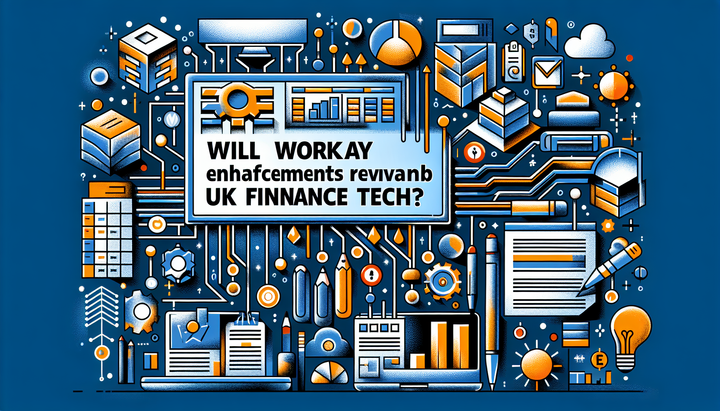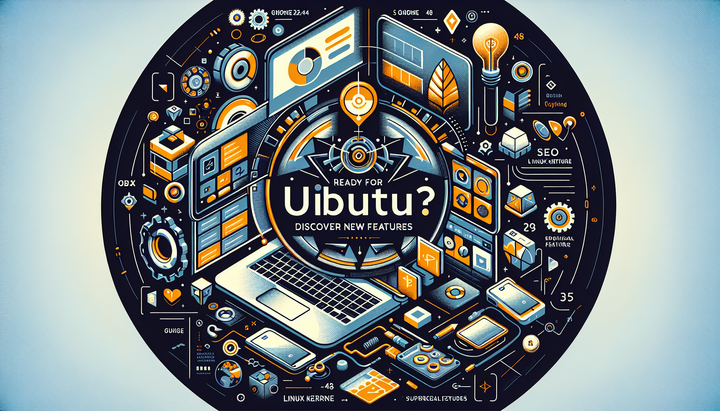Will AI and Low-Code Revolutionize Programming?

The New Era of Programming
The world of software development is continuously evolving. With revolutionary innovations in artificial intelligence, low-code platforms, and cutting-edge frameworks, developers are now more empowered than ever. Today’s programming landscape is not just about writing lines of code; it’s about creating intelligent systems, agile applications, and scalable architectures that adapt to the rapid changes in technology.
Will AI Replace Programmers? The Future of Coding
Artificial Intelligence (AI) continues to mature, offering tools that can automate repetitive coding tasks, generate code snippets, and even optimize existing code. While there is growing speculation over whether AI might eventually replace human programmers, the prevailing view among experts is that AI will augment programmer skills rather than replace them. By automating mundane tasks, AI allows developers to focus on higher-level problem solving and the creative aspects of software design.
The following points illustrate how AI is reshaping the programming world:
- Code Generation and Optimization: AI-based tools can help in generating boilerplate code, optimizing existing applications, and even suggesting improvements to complex algorithms.
- Enhanced Debugging: Automated debugging tools make error detection faster and reduce development time significantly.
- Improved Testing: With AI-driven test automation, programmers can ensure their code meets the highest quality standards with fewer manual tests.
Top 5 Programming Languages to Master in 2025
The competitive programming landscape requires professionals to be well versed in multiple programming languages. Here are the top 5 languages projected to dominate the industry in 2025:
- Python: Its prevalence in AI, data science, and web development makes it a perennial favorite for both beginners and industry experts.
- Rust: Known for its performance and safety, Rust is increasingly popular for systems programming and building secure applications.
- TypeScript: As JavaScript grows in scope, TypeScript’s type safety and scalability make it indispensable for modern web development.
- Go: Celebrated for its simplicity and concurrency support, Go is highly appreciated in cloud infrastructure and microservices.
- Kotlin: Kotlin’s interoperability with Java and its modern features have made it the preferred choice for Android development and backend systems.
Emerging Frameworks and Tools
Apart from programming languages, innovative frameworks and technologies are continuously emerging to streamline the software development process. These include:
- AI-Integrated Frameworks: Frameworks that include AI capabilities within their architecture are evolving, making it easier to integrate and deploy intelligent features in applications.
- Low-Code and No-Code Platforms: Designed to simplify application development, these platforms allow hobbyists and professionals alike to build robust applications without extensive coding knowledge.
- Cloud-Native Frameworks: With more applications moving to the cloud, frameworks that support microservices, containerization, and continuous deployment are in high demand.
How Low-Code and No-Code are Changing Software Development
Low-code and no-code solutions are democratizing the software development landscape. These platforms empower non-developers to create functional applications, reducing the traditional barrier to entry for software creation. However, they also influence professional developers by:
- Accelerating prototyping and MVP (minimum viable product) development.
- Reducing the time-to-market for innovative solutions.
- Providing a platform for rapid iteration and deployment.
These platforms are not intended to replace traditional coding but to complement it, enabling experienced developers to focus on refining complex functionalities while leveraging visual interfaces for routine tasks.
Overcoming Common Developer Challenges
As the programming landscape becomes more dynamic, developers face a unique set of challenges that require innovative solutions:
- Keeping Up with Rapid Technological Change: New languages, frameworks, and tools are emerging at a breakneck pace. Continuous learning is essential to remain competitive in the ever-changing tech landscape.
- Securing Applications: With the rise of connected devices and cloud computing, ensuring robust security measures against cyber threats has become increasingly complex.
- Optimizing Performance: As applications become more feature-rich and data-driven, achieving optimal performance without sacrificing functionality is a growing challenge.
Expert Insights on the Future of Software Development
Industry leaders predict that the integration of AI and low-code tools will drive software development into an era of efficiency and innovation. Renowned experts emphasize that:
- Collaboration Is Key: Future development will be driven by increased collaboration between AI, human expertise, and integrated development environments (IDEs) that foster agile methodologies.
- Data Security Will Dominate: As applications become more interconnected, securing user data and ensuring privacy will be among the top priorities for developers and organizations alike.
- Adaptability and Flexibility: The ability to adapt to emerging trends and integrate new technologies seamlessly will differentiate leading organizations from the rest.
Strategies to Future-Proof Your Coding Skills
To stay ahead in the rapidly evolving world of programming, consider adopting the following strategies:
- Invest in Continuous Learning: Regularly update your skills by taking online courses, attending workshops, and participating in developer communities.
- Embrace New Technologies: Experiment with emerging tools and frameworks to understand their capabilities and limitations. Hands-on experience is invaluable.
- Network and Collaborate: Engage with fellow professionals to share insights, challenges, and successful techniques. Collaborative learning drives collective innovation.
- Balance Theory with Practice: While understanding underlying theories is important, practical, hands-on coding projects will solidify your knowledge and enhance your expertise.
The Road Ahead: Innovations and Predictions
Looking forward, the future of software development is vibrant and full of potential. Here are some predictions for the next few years:
- Greater AI Utilization: Expect AI to transition from an assistive tool to an integral part of the development process, influencing everything from code quality control to project management.
- Rise of Quantum Computing: Though early in its development, quantum computing promises to revolutionize problem-solving approaches in complex software applications.
- Enhanced Developer Tools: New IDEs and development platforms will offer more built-in support for debugging, testing, and collaboration, leading to more efficient development cycles.
- Integration of AR/VR: Augmented and Virtual Reality will not only redefine user interfaces but also the way developers interact with their work environments, potentially creating immersive development experiences.
Conclusion: Embrace the Change
The transformation of the programming landscape is both inevitable and exciting. As AI, low-code platforms, and emerging frameworks change the way software is built, developers must adapt and evolve. The future is bright for those willing to embrace these innovations, learning and growing with every technological leap.
Whether you are a seasoned programmer or just starting out, now is the perfect time to update your skills, explore new tools, and prepare for a future where collaboration between human intelligence and advanced technologies will define the next generation of software development.
Call to Action
If you are ready to take your coding skills to the next level, start by exploring online resources, enrolling in advanced courses, and joining communities that champion new programming methodologies. The journey may be challenging, but the rewards—a career in step with tomorrow’s technological breakthroughs—are well worth the effort.
Stay curious, keep experimenting, and be prepared to lead the charge in an era where coding is not just a skill, but a dynamic force driving global innovation.



Comments ()